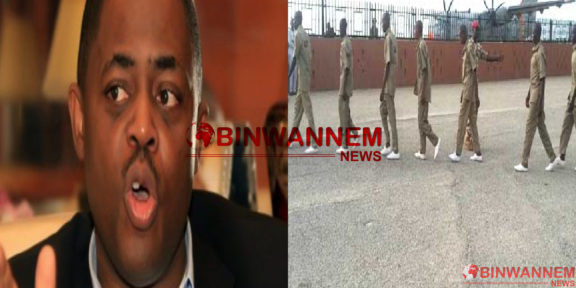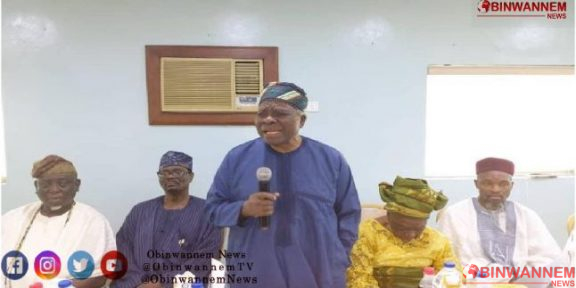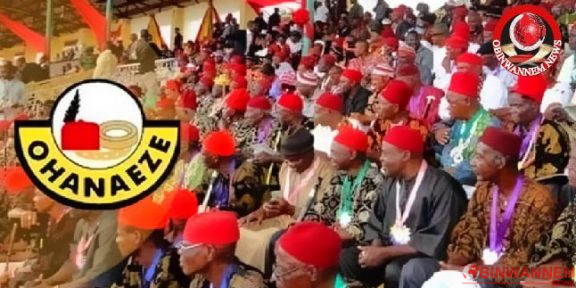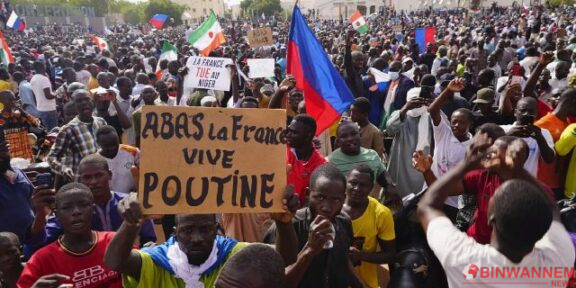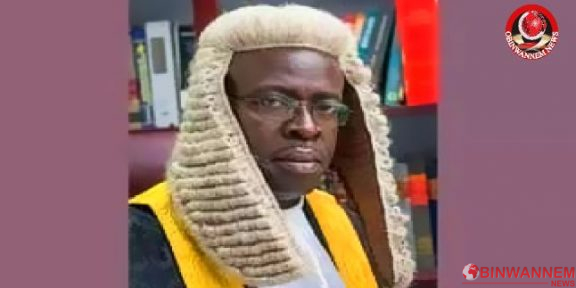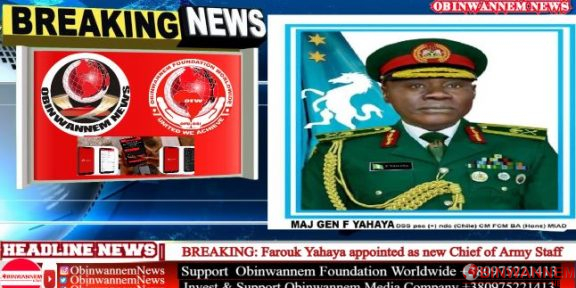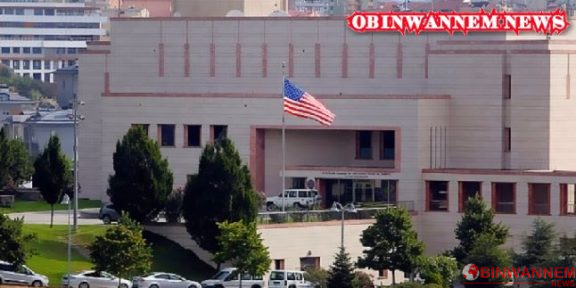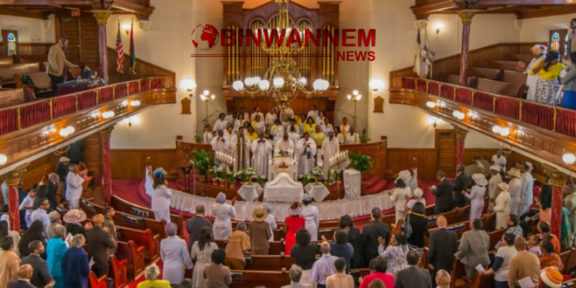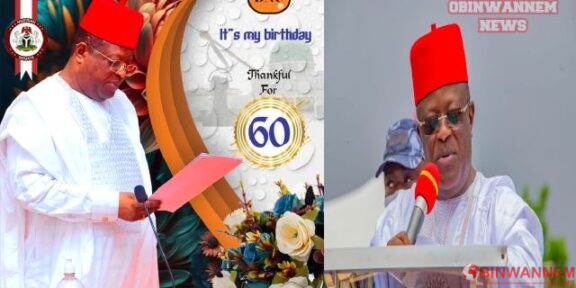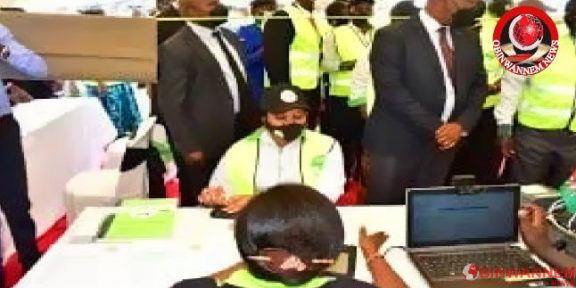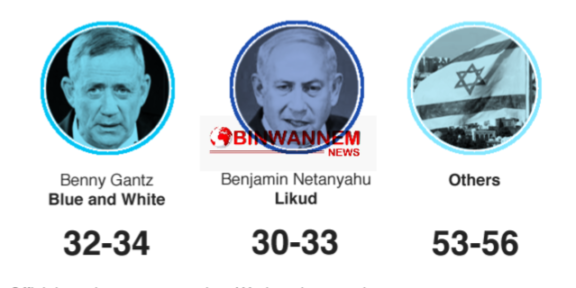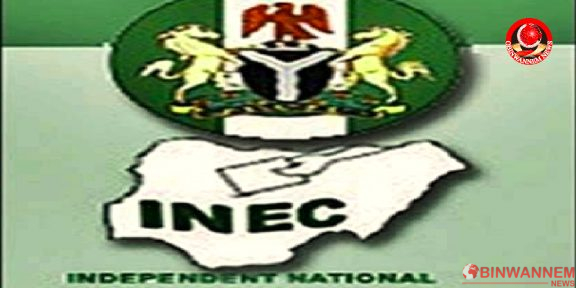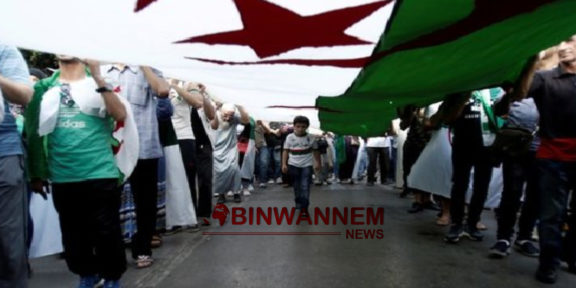People in Tunisia are casting their ballots in the country’s presidential election, where some of Tunisia’s most prominent politicians are taking part in the contest.
It is the second presidential vote in the country since longtime ruler Zine El Abidine Ben Ali was removed during the revolution in 2011.
The election was brought forward by the death in July of 92-year-old president Beji Caid Essebsi, who was served as head of state from 2014.
More than seven million people are eligible to choose from 24 candidates on Sunday, making the outcome difficult to predict.
Polls opened at 8:00am (07:00 GMT). Some voting stations will remain open until 6:00pm, while others will close two hours earlier, for security reasons.
The crowded field of 26 was narrowed slightly by the last minute withdrawal of two candidates in favour of Defence Minister Abdelkarim Zbidi just ahead of Saturday’s campaign blackout.
Zbidi has pledged he will change the constitution to resolve the deadlock between the presidency and parliament.
Prominent candidates
Among the key players are media mogul Nabil Karoui – behind bars due to an ongoing money laundering probe – Abdelfattah Mourou, who heads a first-time bid on behalf of his Islamist inspired Ennahdha party, and Prime Minister Youssef Chahed.
The PM’s popularity has been tarnished by a slow economy. He has found himself having to vehemently deny accusations that Karoui’s detention in late August was politically inspired.
Last week, Karoui, 56, launched an open-ended hunger strike but on Friday, an appeal to have the Tunisian businessman released from jail was rejected, his party and lawyers said.
Candidates must secure 50 percent of the vote to win, but if no single candidate obtains a majority on Sunday, the two candidates with the most votes will advance to a second, decisive round.
Publication of opinion polls has officially been banned since July, but many voters remain undecided, due to difficulties in reading a shifting political landscape.
Shortly before polls were due to be open, Sofiene told AFP news agency that she remained “undecided between two candidates”.
“Honest candidates don’t have much chance of winning,” she said.
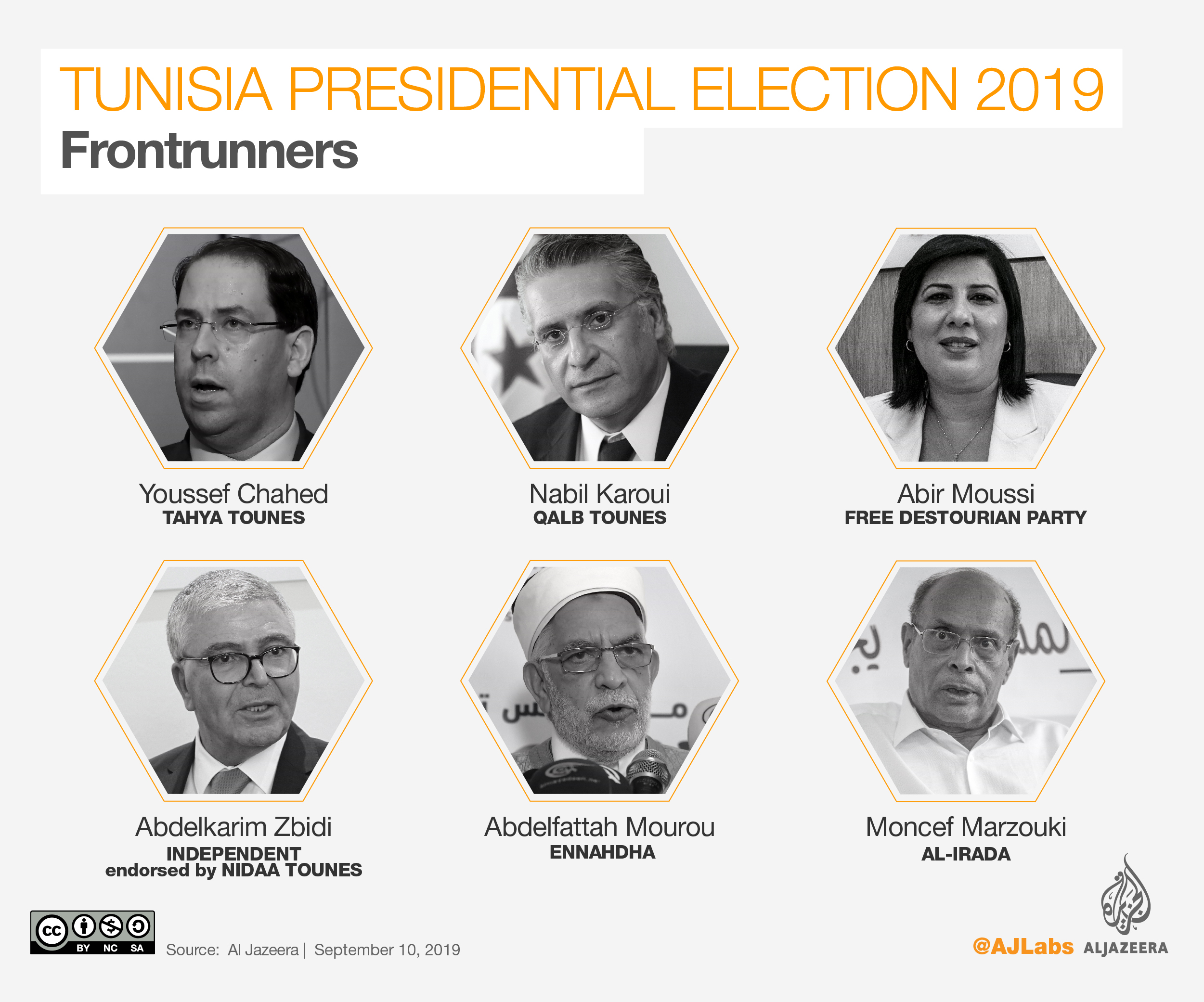
Some hopefuls have tried to burnish anti-establishment credentials in a bid to distance themselves from a political elite discredited by personal quarrels.
One key newcomer is Kais Said, a 61-year-old law professor and expert on constitutional affairs, who has avoided attaching his bid to a political party.
Instead, he has gone door-to-door to drum up support for his conservative platform.
Distrust of the political elite has been deepened by an unemployment rate of 15 percent and a rise in the cost of living of close to a third since 2016.
Tunisia’s president controls foreign and defence policy, governing alongside a prime minister chosen by parliament that has authority over domestic affairs.
Some 70,000 security agents have been deployed, including 50,000 focused solely on polling stations, according to the interior ministry.
Exit polls are expected overnight Sunday into Monday, but preliminary results are not expected from the electoral commission until Tuesday.
The date of the second round and final round has not been announced, but it must happen by October 23 at the latest and may even take place on the same day as legislative polls, slated for October 6.
Read more here>>>https://www.aljazeera.com



